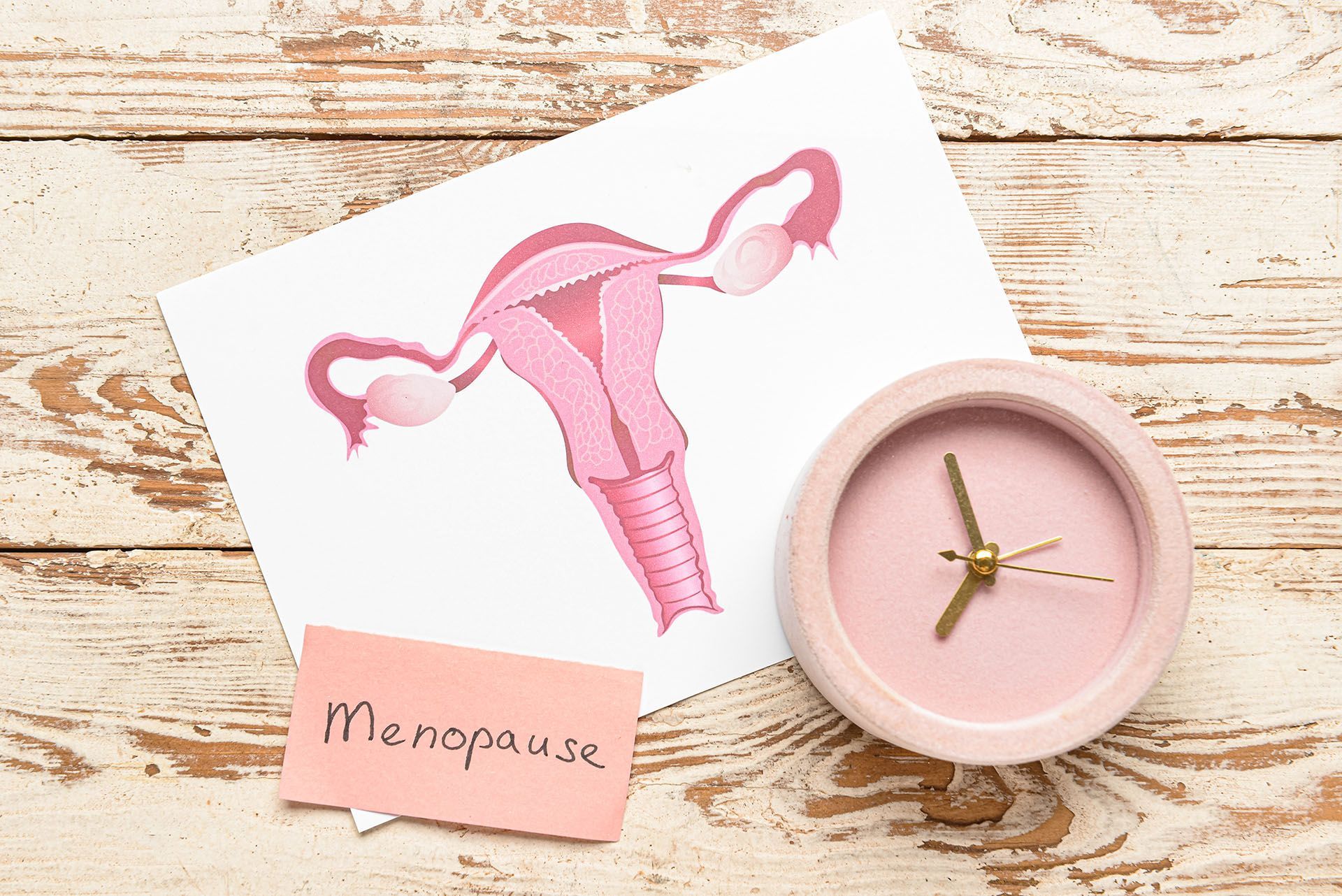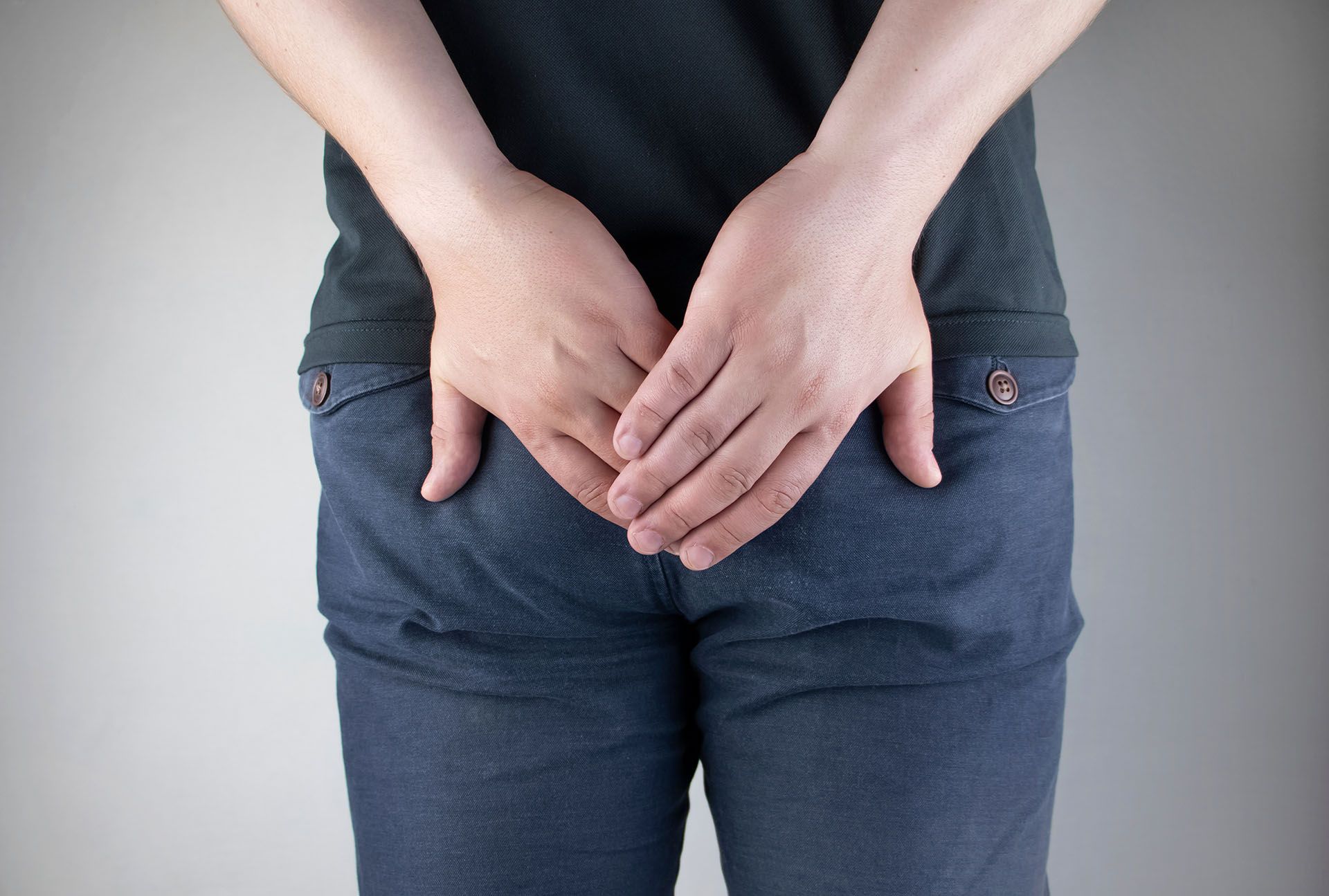Managing Fecal Incontinence: Work-up and Treatment Options for Improved Quality of Life
I’ll make this a quick one. How do we manage bowel incontinence. That usually depends on what is causing it, so the first set of questions I ask are really to determine when the incontinence started and what are the possible underlying reasons. A physical exam including an anorectal exam is crucial in these situations.
This workup can sometimes include imaging studies such as anorectal manometry (testing how sensitive the rectum and how well the muscles of the anal sphincter complex work), defecography (an MRI or Xray where we look in real time how the pelvic floor and the pelvic organs work while trying to have a bowel movement), and CT scan (determine if there are any masses or other reasons why there may be incontinence).
If it seems like someone just has weak pelvic floor muscles but all of the muscles (including anal sphincter) are intact, I will usually start with something like a fiber supplement, maybe loperamide (ie Imodium) and pelvic floor physical therapy.
Depending on the reason for the incontinence, sometimes surgery is the first answer. This could be to restore normal anatomy if there is an anatomical reason for the incontinence.
Finally, there is a simple surgery that works very well for both bladder and bowel incontinence and this is called sacral neuromodulation. Other worse you may see for this are intersim or sacral nerve stimulator implantation. I will speak more on this in another blog but essentially it is like a pacemaker that is implanted in the patient and almost instantaneously resolves the issue of incontinence. It is usually done in two stages in two different outpatient (ie no hospitalization) procedures.
Rarely, if none of these options work, a patient may be a candidate for an ostomy. Ostomy creation is a procedure where we bring the intestine to the abdominal wall and the patient poops into a bag. While never the first choice of patients, an ostomy can restore control back to the patient when it comes to eliminating stool. Ostomy creation should always be a lengthy conversation between the patient and the doctor and is generally used as a last ditch effort to maintain personal dignity and control to regain quality of life back to the individual.
At Houston Community Surgical, Dr. Belizaire provides a safe, judgement free environment for patients to discuss all colorectal related health issues, including bowel and bladder incontinence.
Please come see us, I want to help you!
SEARCH POST:
RECENT POSTS:


Join Our NewsLEtter
Never miss an update from Houston Community Surgical
Join Our Community
We will get back to you as soon as possible.
Please try again later.
Houston Community Surgical is a specialty practice that provides general and colorectal surgery services to the greater Houston community. Learn more about how our practice can help you.
Contact Info
Address:
427 W. 20th Street, Suite 710, Houston, Texas 77008
Call/Text: 832-979-5670
Fax: 832-346-1911
Quick Links
Office Hours
- Mon - Fri
- -
- Sat - Sun
- Closed

All Rights Reserved | Houston Community Surgical | Privacy Policy
Website created by True Digital Marketing



